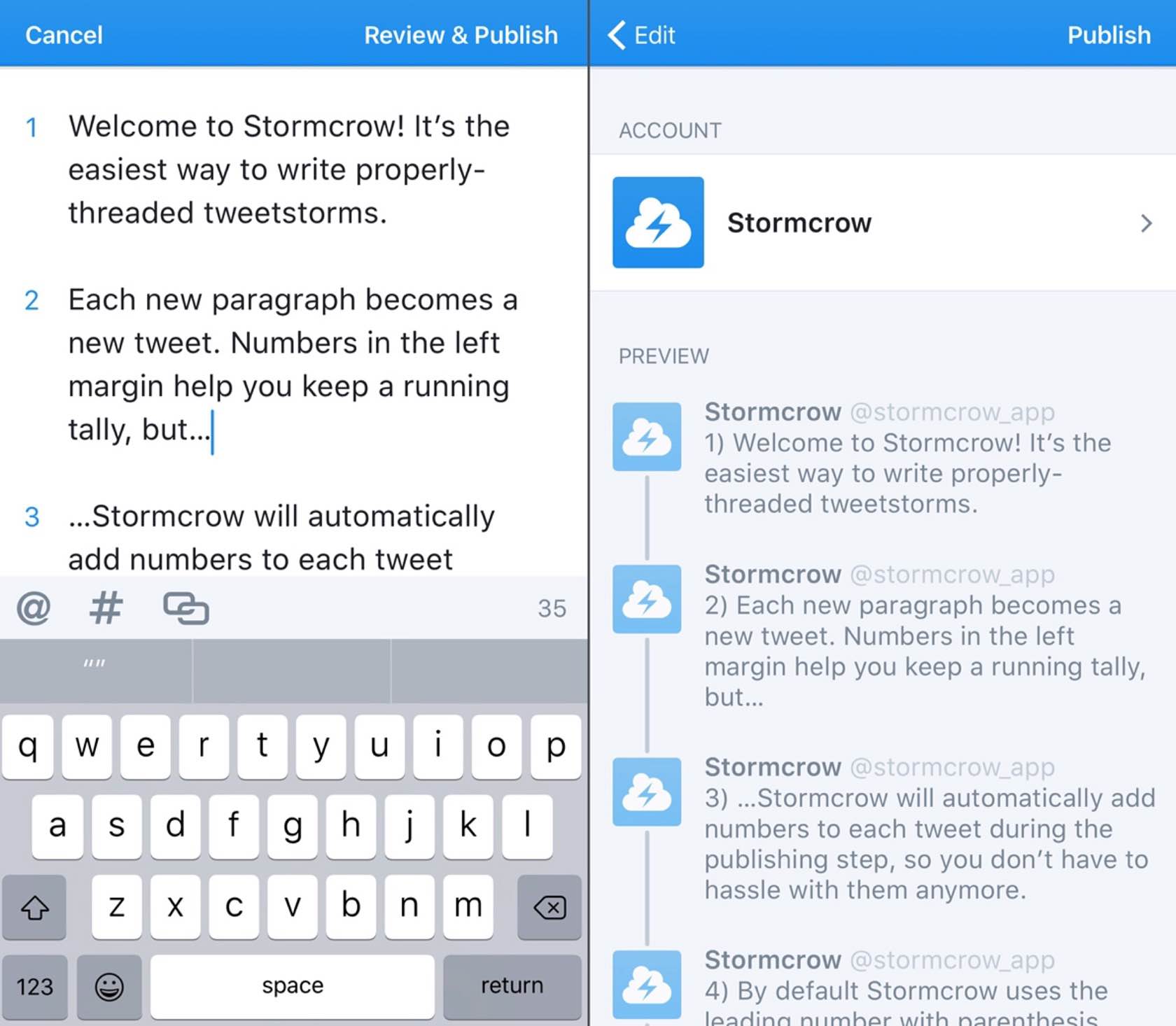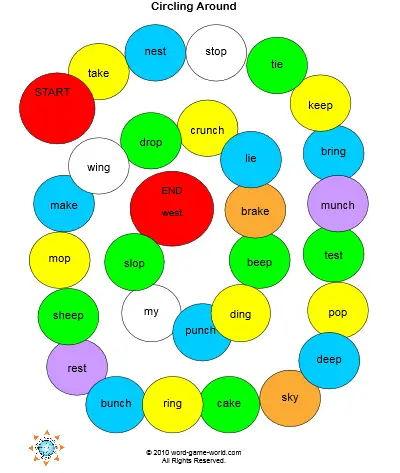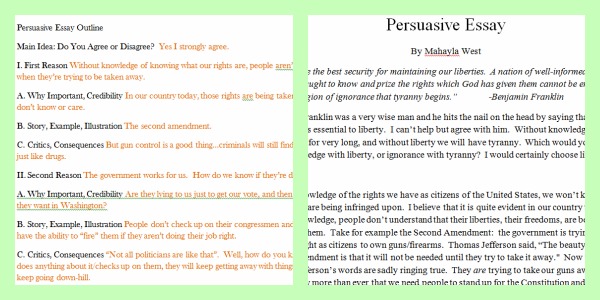Historical Cost versus Fair Value Accounting - UK Essays.
Fair Value vs. Historical Cost Accounting Essay Sample In order to make the most profitable and rational decisions entity’s stakeholders have to evaluate organisation’s financial statements. Today’s world of rapidly changing prices has made it difficult to estimate what something is actually worth.
Historical Cost versus Fair Value Accounting Different accounting principles and concepts have been an issue of extensive discussion over the recent years as investors started pressing for harmonization in financial reporting standards and increased comparability of annual reports.

This paper seeks to discuss historical cost accounting versus fair value accounting for non-financial assets. Thereafter, the paper will evaluate the benefits and challenges of the two accounting concepts. Moreover, the essay will identify valuation practices of three companies in NSE and ASE and later give an opinion on the free choice between the two accounting concepts.

Question: What is fair value? Answer: Simply put, fair value is the estimated value of all assets and liabilities of an acquired company. Question: What is historical cost? Answer: This style of accounting is based off of the original monetary value of an item.

Historical cost accounting reports assets and liabilities at the initial price they were exchanged for at the time of the transaction. Conversely, fair value accounting quotes the prevailing price.

Comparison with Historical Cost Accounting Essay Comparison with Historical Cost Accounting The main alternative to fair-value accounting is “historical-cost accounting. ” Here, assets are recorded at historical cost, which generally equals the fair value when the assets were originally purchased.

Therefore, historical cost does not generally reflect current market valuation or fair value of an asset or liability. Historical-cost financial statements do not provide information that is relevant to investors. Fair value is defined as the amount at which the asset could be bought or sold in a current transaction between willing parties.

Stock fair value calculator. This is a simple discounted cash flow calculator to help you find the fair value of a company. With a few simple values, you can estimate the rough intrinsic value of a stock. The calculation consists of the following key values.

After all, Penman made a point saying that in historical cost accounting revenues and costs have to be matched, but in fair value accounting balance is not required. In comparison with historical cost, which is determined by simply recording the original cost taking into account depreciation, determination of fair value is more complex.

The term fair value reporting reflects a financial reporting standard whichaims to present financial statements to be measured by fair value as a valuationtechnique rather than with their historical cost. Those concepts of fair value andhistorical.

To sum up, the cost provided in CCA model is more relevance and useful to the business as it is the most likely fair value in contrast with CPP model because CPP is adjust the historical cost value and it assume the historical cost was accurate. 4.

Fair value accounting (FVA) refers to the practice of updating the valuation of assets or securities on a regular basis, ideally by reference to current prices for similar assets or securities established in the context of a liquid market; historical cost accounting (HCA) instead records the value of an asset as the price at which it was originally purchased.

Currently, the measurement basis for measuring amounts in financial statements includes among others historical cost, amortized historical cost, fair value and value in use. This paper evaluates the pros and cons of fair value versus historical cost accounting and deprival value. 1.0.



